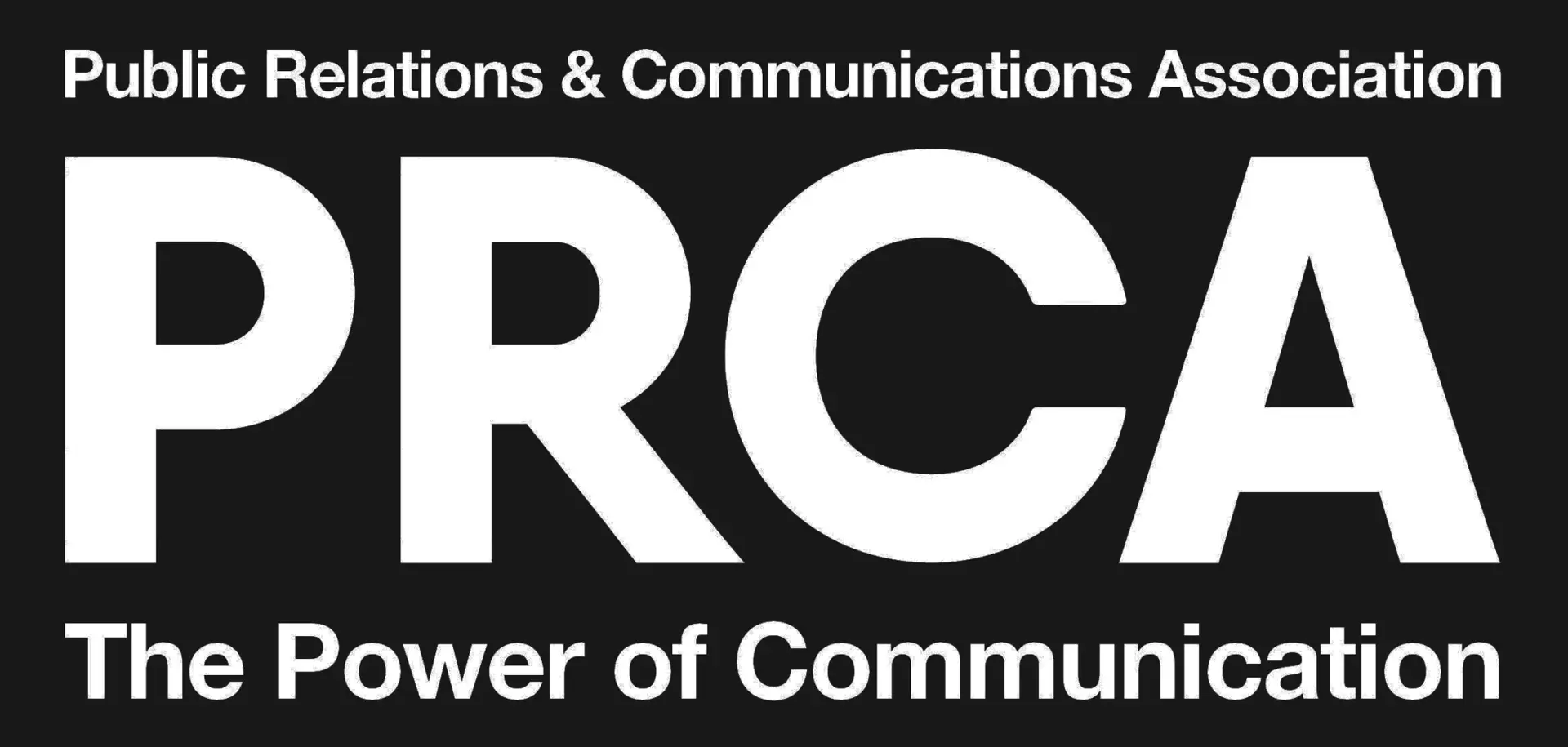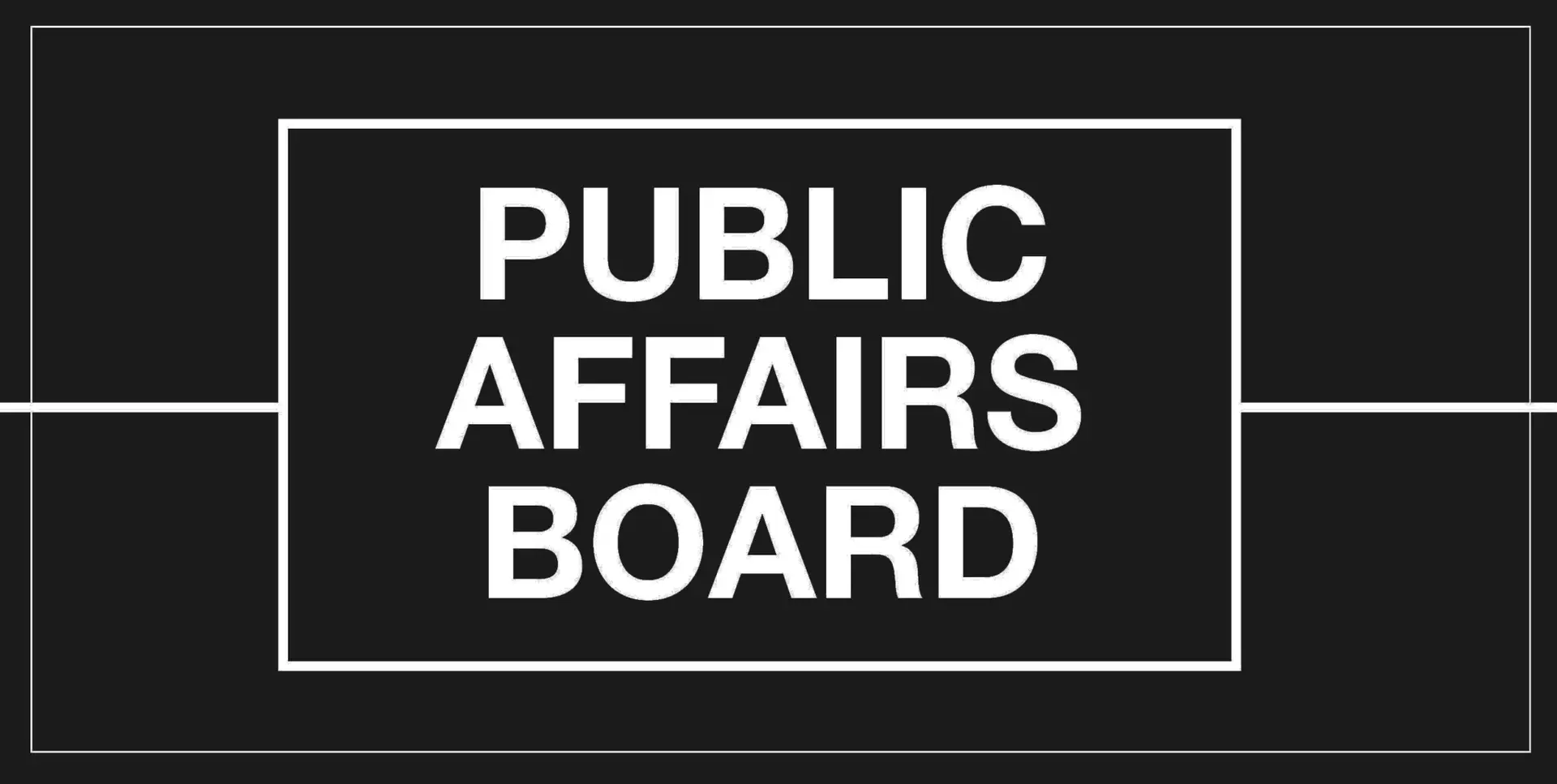Brevia Consulting is providing a weekly round-up and analysis of the UK headlines. This week, read about Labour’s plan to address the cost of living crisis, the Institute for Fiscal Studies’ intervention into the Conservative Party leadership contest, and Liz Truss’s most recent criticism of the UK’s devolved powers.
LABOUR ANNOUNCES PLANS FOR COST OF LIVING SUPPORT
This week, Labour Party leader Sir Keir Starmer set out the party’s plan to tackle the cost of living crisis. The plan would save households an immediate £1,000 this winter, whilst also addressing future energy costs through investing in domestic energy security and undertaking extensive home insulation upgrades over the next decade.[1] In its plan, Labour proposes to freeze energy bills for domestic energy consumers at the current cap of £1,971, provide additional support for those not protected by the price cap, and address the disparity in pay for those on prepayment meters. The plan, which is expected to cost £29bn, will be funded through increased tax revenue from oil and gas producers and addressing the loophole in the Government’s current windfall tax levy. The plan would also be funded by decreasing the rate of inflation to reduce government debt interest payments.
IFS FEARS TAX CUT PLEDGES ARE UNREALISTIC
In the latest on the leadership contest, the Institute for Fiscal Studies (IFS) has claimed that large, permanent tax cuts would be ‘unaffordable without spending cuts’, noting that neither candidate has proposed spending cuts so far.[2] Both Liz Truss and Rishi Sunak have promised tax cuts and confirmed that this is affordable. Liz Truss has pledged to scrap the rise in National Insurance and cancel the planned rise in corporation tax, whilst Rishi Sunak has promised to reduce VAT on domestic energy bills and cut 3p off income tax by late 2029. Carl Emmerson, who is Deputy Director of the IFS, has said this week that both candidates’ plans are ‘unaffordable’ without spending cuts, as additional public spending will be needed to address the highest inflation in 40 years.[3]
LIZ TRUSS CONTINUES ATTACKS ON DEVOLVED POWERS
Conservative Party leadership candidate Liz Truss has attracted criticism this week for her latest comments regarding the UK’s devolved powers. In a statement for the Daily Express ‘Unite the Kingdom’ campaign on 13 August, Truss accused the SNP, Welsh Labour, and Sinn Fein of ‘playing political games instead of focusing on their priorities’.[4] This is one of several attacks made by Truss against devolved powers in recent weeks. At hustings earlier in August, she branded Scottish First Minister Nicola Sturgeon an ’attention seeker’[5] and Welsh First Minister Mark Drakeford a ’low energy version of Jeremy Corbyn’.[6] As the current favourite to become the next PM, Liz Truss will need to develop a considered strategy for fostering a stronger union and addressing growing calls for independence across the Four Nations.
BREVIA CONSULTING PROVIDES STRAIGHTFORWARD POLITICAL AND COMMUNICATIONS SUPPORT TO BUSINESSES AND ORGANISATIONS
Discover how Brevia can help you and your organisation by contacting the Brevia Energy Team on 020 7091 1650 or emailing us at: contact@brevia.co.uk
Notes
[1] Labour, ‘Keir Starmer sets out Labour’s plan to address the Tory cost of living crisis’, 14 August 2022, Link
[2] BBC News, ‘Tory leadership race: Tax cut pledges are unrealistic, says IFS’, 18 August 2022, Link
[3] Ibid.
[4] The i, ‘Liz Truss accuses Scottish, Welsh and Northern Irish leaders of playing ‘political games’’, 13 August 2022, Link
[5] The Guardian, ‘Liz Truss says she would ignore ‘attention seeker’ Nicola Sturgeon’, 1 August 2022, Link
[6] The Independent, ‘Mark Drakeford is a ‘low energy Jeremy Corbyn’, Tory leadership contender says’, 3 August 2022, Link







